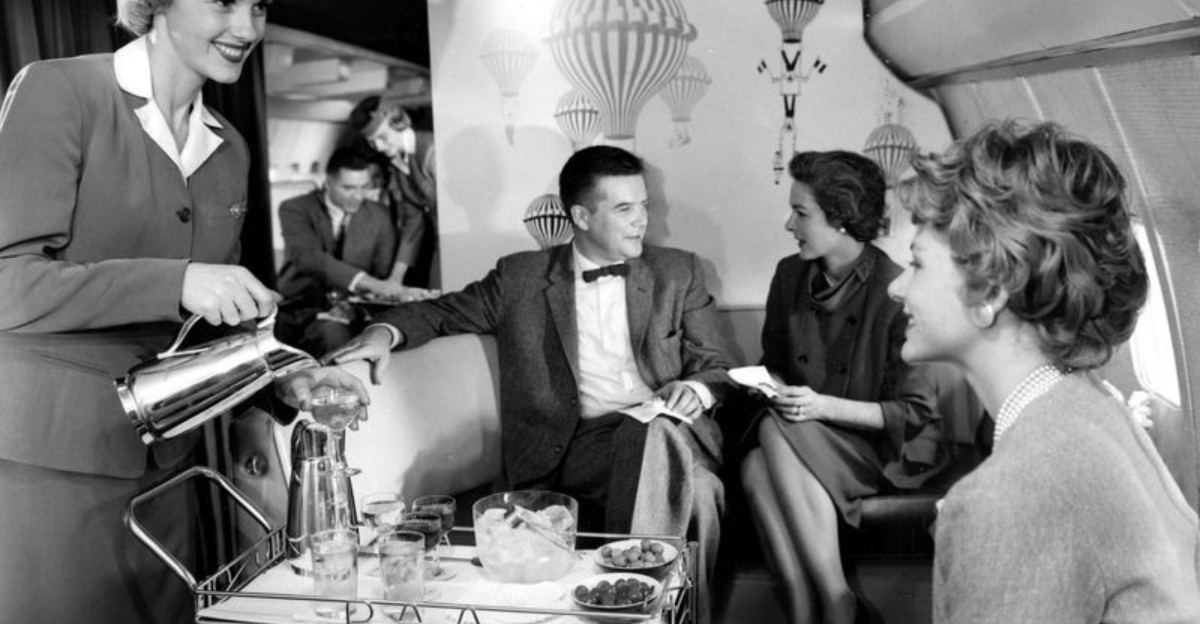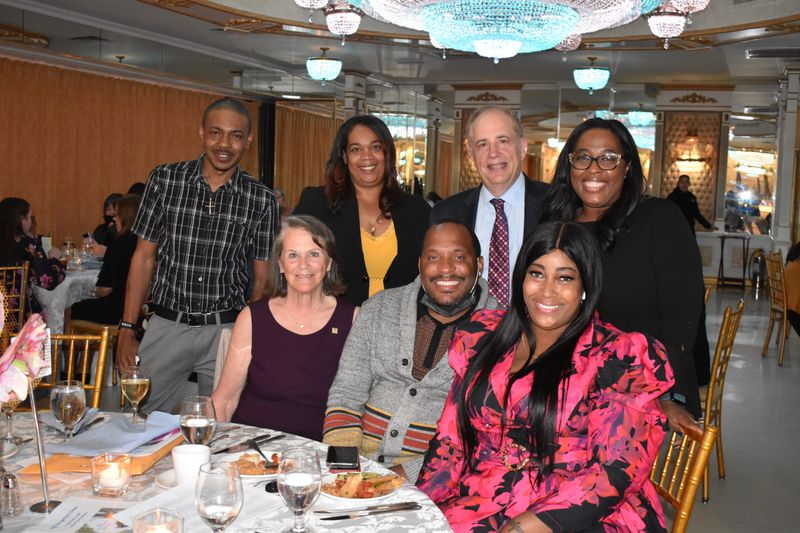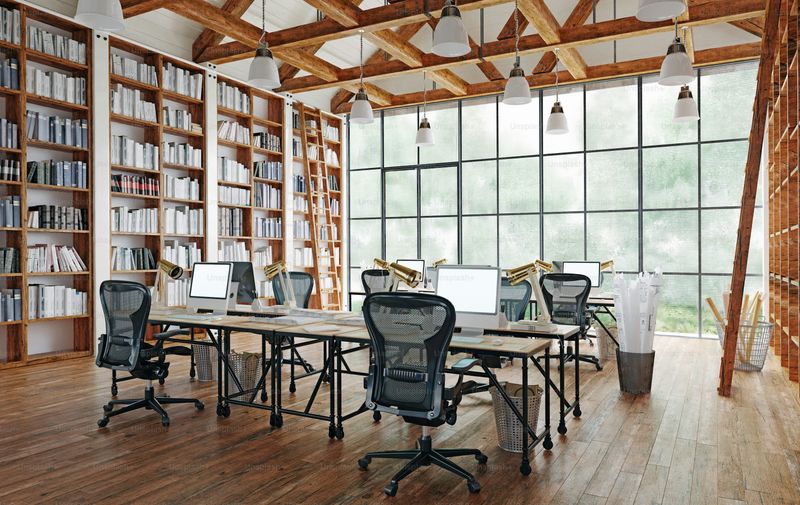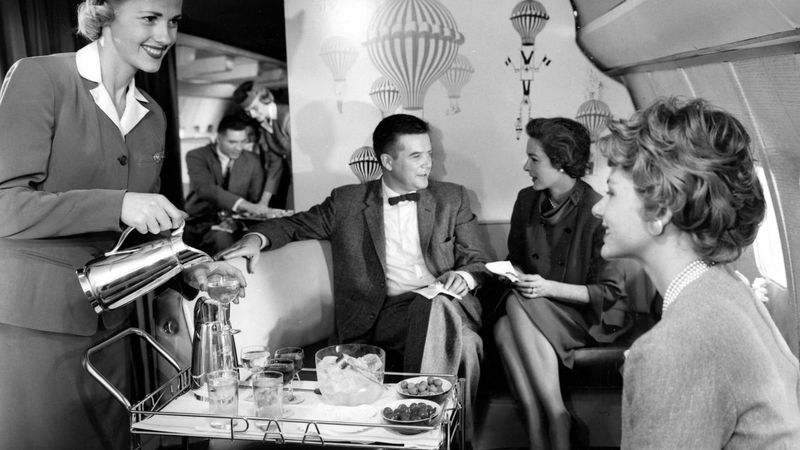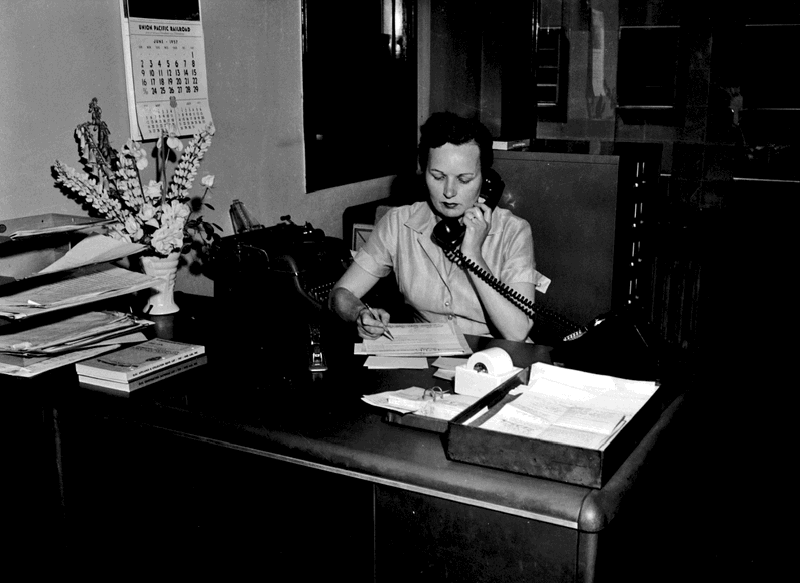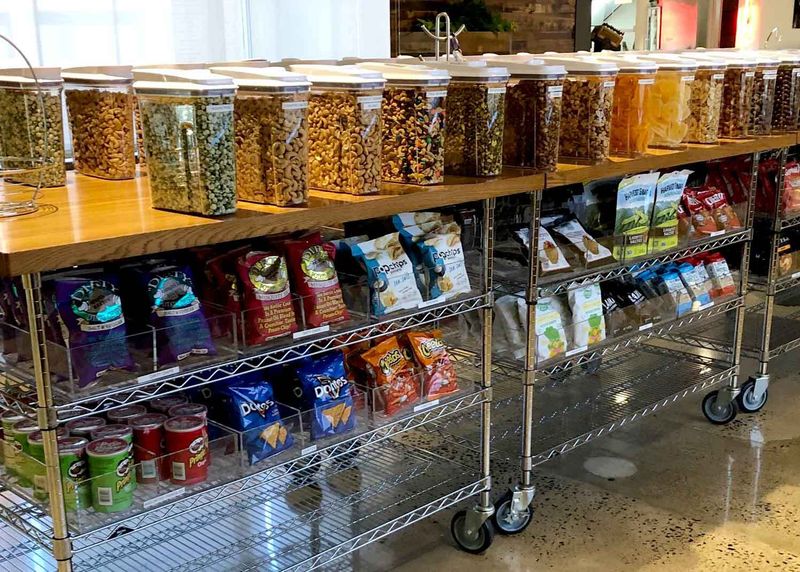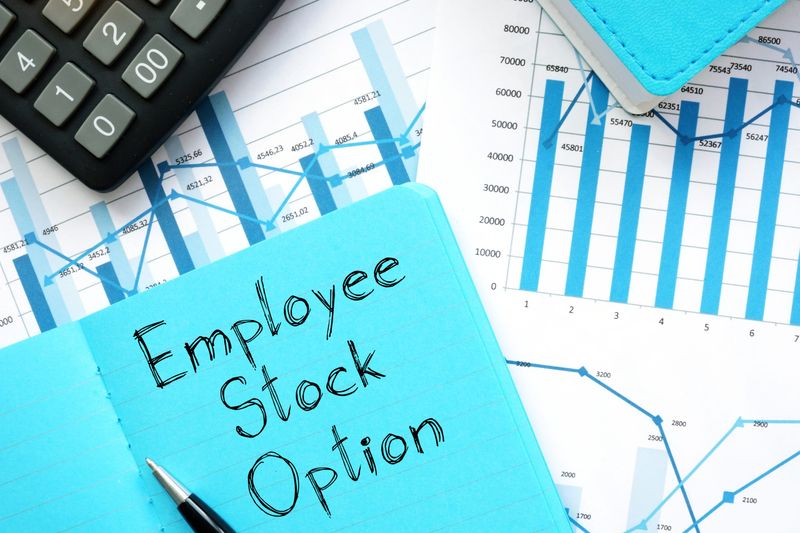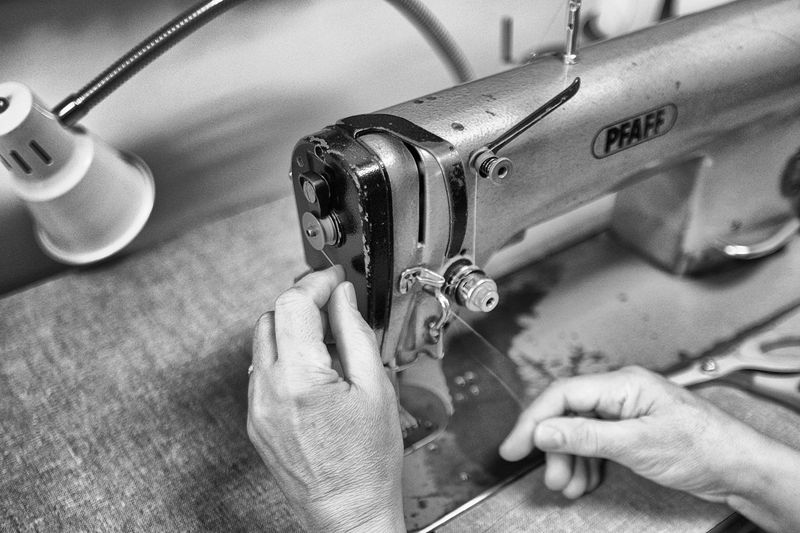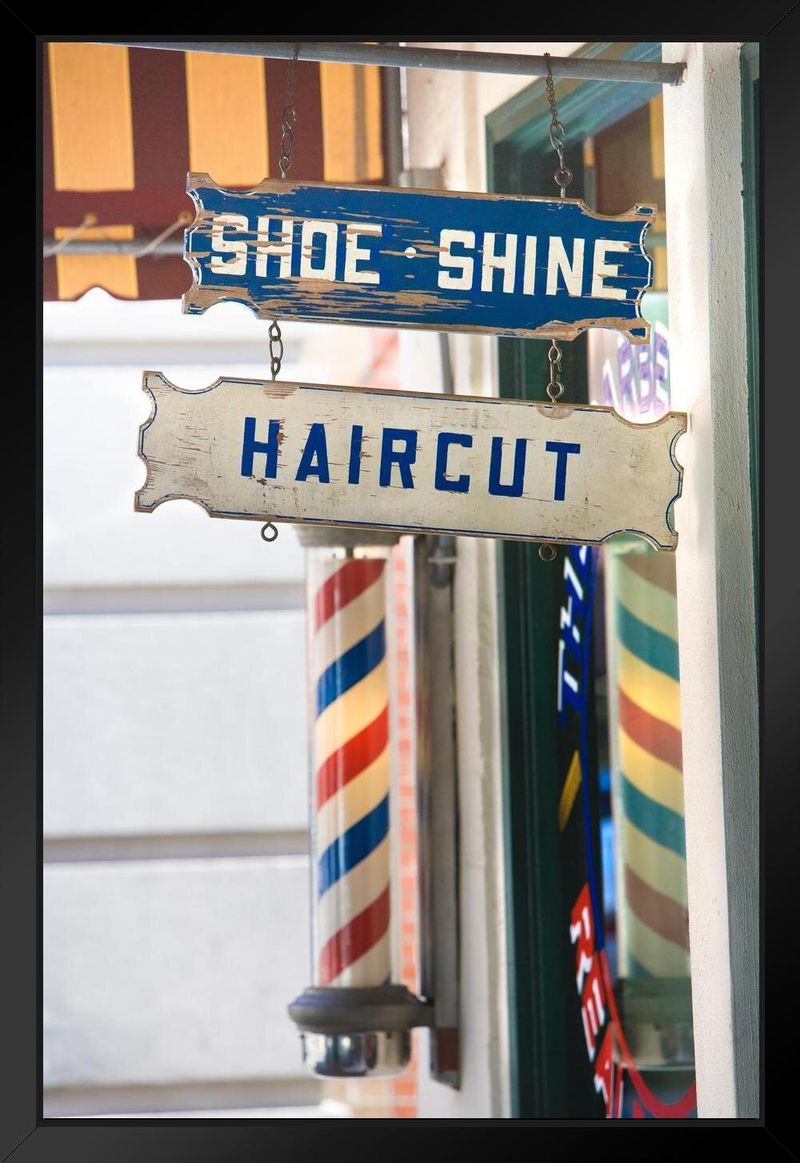The workplace has changed dramatically over the decades. While modern offices boast open layouts, remote work, and wellness programs, many classic office perks from the “Golden Age of Work” (roughly the 1950s–1980s) have disappeared.
Here are 24 nostalgic office benefits that once made work feel a little more rewarding.
1. Employee Recognition Dinners
Employee recognition dinners were a significant way for companies to honor and celebrate the achievements of their workforce. These events often took place in elegant venues, with delicious meals and an air of formality that made employees feel valued.
Recognition dinners allowed companies to publicly acknowledge hard work and dedication, often accompanied by speeches, awards, and toasts.
This tradition fostered a sense of pride and motivation among employees, reinforcing a culture of appreciation and respect that many modern workplaces strive to emulate.
2. Long, Leisurely Lunches (on the Company’s Dime)
Back in the day, long, leisurely lunches were more than just a meal—they were an event. Employees were encouraged to take time away from their desks to enjoy a two-hour lunch at a fancy restaurant.
Often, these meals were charged to the company, promoting a relaxed work culture. These lunches served as informal meetings where ideas flowed naturally.
It was an opportunity to bond with colleagues outside the confines of the office walls. With today’s fast-paced work environment, this perk has become a rare luxury, overshadowed by quick meals at the desk.
3. On-Site Cafeterias with Gourmet Meals
Once upon a time, office cafeterias were more than just places to grab a quick bite—they were culinary havens. In the past, many companies hosted on-site cafeterias offering gourmet meals at low or no cost to employees.
Imagine chefs in starched white hats, carving roast beef or serving delicate pastries. Such cafeterias encouraged a sense of community, as employees gathered to enjoy freshly prepared meals.
Unlike today’s quick, often solitary lunches, these cafeterias fostered interaction and relaxation. This bygone benefit is a reminder of the value placed on employee well-being.
4. Office Libraries
Office libraries were once a valued perk, providing employees with access to a wide range of reading materials. These libraries had books on both personal development and entertainment, allowing employees to grow both professionally and personally.
Having a library on-site encouraged a culture of learning and curiosity. Employees could borrow books at any time, making it easy to indulge in a good read during breaks. The presence of an office library demonstrated the company’s investment in the intellectual growth of its workforce.
5. Company-Paid Business Travel (with First-Class Upgrades)
The allure of company-paid business travel was once a coveted perk. Employees didn’t just travel—they traveled in style. First-class flights, luxury hotels, and fine dining were all part of the package, paid for by the employer.
It wasn’t just about work; it was an adventure. Employees returned with renewed energy and fresh perspectives. Today, cost-cutting measures and digital communication tools have largely replaced this luxury.
However, the memories of a time when business travel was glamorous still linger, reminding us of an era where work and pleasure intertwined seamlessly.
6. Personal Secretaries
In an era without digital assistance, personal secretaries were indispensable. Middle and upper management often enjoyed the luxury of having someone to handle their administrative tasks.
Secretaries typed memos, answered calls, and even fetched coffee, allowing executives to focus on high-level decisions. This role required strong organizational skills and discretion. Secretaries often formed a close working relationship with their bosses, becoming trusted aides.
Today, while technology has replaced many of these functions, the personalized touch of a dedicated assistant is sorely missed. It’s a reminder of how human connection once played a key role in office efficiency.
7. Generous Pension Plans
Generous pension plans were once a hallmark of company loyalty. Unlike today’s 401(k) plans, these pensions guaranteed employees a secure retirement after years of service.
Companies offered these benefits to attract and retain talent, reflecting a commitment to long-term employee welfare. Pensions provided peace of mind, allowing workers to plan for their future without financial worries.
However, economic changes and the shift to self-managed retirement accounts have made such plans rare. The memory of guaranteed pensions evokes nostalgia for an era when employers prioritized employee stability and security beyond their working years.
8. Holiday Bonuses in Cash
Holiday bonuses in cash were once a delightful tradition in many offices. Employees eagerly anticipated these end-of-year bonuses, which were often handed out in envelopes filled with cash.
Unlike performance-based incentives of today, these bonuses were a standard practice, celebrating collective achievements and spreading holiday cheer. The cash bonus was a tangible reward, allowing employees to enjoy the festive season with extra financial freedom.
However, as corporate cultures evolved, this practice has largely disappeared, replaced by less personal forms of compensation. The nostalgia remains, reminding us of a time when workplace generosity was commonplace.
9. Fully Stocked Snack Pantries
Before vending machines became ubiquitous, many offices boasted fully stocked snack pantries. These break rooms were a haven for employees, offering free access to coffee, soft drinks, and an assortment of snacks.
It wasn’t just about the food; it was about the camaraderie as colleagues gathered to take a break and chat. The snack pantry was a symbol of a company’s appreciation for its employees, fostering a sense of community and relaxation.
Today, such perks are rare, as cost-saving measures and health-conscious initiatives shape modern office environments.
10. Company Sports Teams
Company sports teams were once a staple of the corporate world, fostering camaraderie and team spirit beyond the confines of the office. Employees could join teams for sports like softball, basketball, or even bowling, competing in local leagues and tournaments.
Participation in company sports teams provided a healthy outlet for stress and an opportunity to bond with colleagues in a fun and informal setting.
It was a way to promote physical fitness and well-being, while also building strong interpersonal relationships that often translated to improved collaboration at work.
11. Paid Sabbaticals
Paid sabbaticals were once a remarkable benefit offered by some forward-thinking companies. Long-term employees earned months-long paid breaks for personal development, travel, or simply rest.
These sabbaticals were more than just time off—they were opportunities for rejuvenation and inspiration. Employees returned refreshed, with new perspectives and motivation. This perk demonstrated a company’s commitment to employee growth and well-being.
Today, such generosity is rare, as business demands and budget constraints prevail. Yet, the concept of taking extended time to reflect and recharge remains a dream for many, emphasizing the value of work-life balance.
12. On-Site Green Spaces
In an era where indoor office environments dominated, on-site green spaces were a refreshing anomaly.
Companies created outdoor courtyards or indoor gardens that served as peaceful retreats for employees. These green spaces allowed employees to step away from their desks and immerse themselves in nature without leaving the office premises.
The presence of greenery not only enhanced the visual aesthetics of the workplace but also promoted mental well-being.
Employees could take a moment to relax, recharge, and find inspiration amid the natural surroundings. This perk demonstrated a forward-thinking approach to employee wellness, emphasizing the importance of balance and tranquility in daily work life.
13. Employee Stock Options (That Actually Meant Something)
Once upon a time, employee stock options were a meaningful part of compensation packages. Unlike today’s complex programs, older stock options offered genuine ownership, aligning employees’ interests with company growth.
These options often resulted in significant financial rewards, motivating employees to contribute to the company’s success. It was a tangible way to retain talent and foster loyalty.
However, as stock programs have evolved, their effectiveness and value have become diluted. Despite this, the legacy of impactful stock options serves as a reminder of a time when employees truly felt like stakeholders in their organization’s future.
14. Private Executive Dining Rooms
Private executive dining rooms were once a symbol of corporate prestige. Reserved for senior employees and executives, these exclusive spaces offered a luxurious dining experience away from the bustling office environment.
Meals were served on fine china, with attentive service, allowing for confidential discussions and relationship building. Such dining rooms reflected a company’s commitment to providing top-tier amenities for its leadership.
Today, these rooms are rare, as modern offices embrace open spaces and egalitarian cultures. Nevertheless, the memory of these refined dining experiences lingers, highlighting a time when corporate hierarchy was visibly celebrated.
15. No Email, No After-Hours Work
In a world before constant connectivity, work ended when you left the office. Employees enjoyed uninterrupted personal time, free from emails, Slack messages, or late-night calls.
This separation allowed for a clear work-life balance, enhancing overall well-being. The absence of after-hours work meant quality time with family and friends, pursuing hobbies, or simply relaxing.
Today’s digital age blurs these boundaries, often leading to burnout. The nostalgia for a time without after-hours work interruptions reminds us of the importance of setting boundaries to maintain a healthy and fulfilling life outside of work.
16. Expense Accounts with Fewer Restrictions
Generous expense accounts were once a hallmark of corporate life, especially for sales and executive teams. These accounts covered everything from lavish meals to entertainment and client gifts, with fewer restrictions than today’s tightly monitored budgets.
Employees used these accounts to build relationships and close deals, often leading to business trips and fine dining. The freedom to entertain clients without financial constraints fostered creativity and collaboration.
However, economic shifts and increased scrutiny have led to tighter controls. The memory of unrestricted expense accounts evokes nostalgia for a time when cultivating business relationships was often an indulgent affair.
17. Summer Fridays Off
Summer Fridays off were a cherished tradition in many companies, offering employees a chance to start their weekends early. Offices closed completely or had reduced hours, allowing workers to enjoy the summer with family and friends.
This practice recognized the value of downtime and relaxation, boosting morale and productivity. Employees looked forward to these short weeks as a reward for hard work.
Today, with constant connectivity and demanding schedules, such perks are rare. However, the idea of summer Fridays lingers as a reminder of a time when work-life balance was honored with simple, yet impactful gestures.
18. In-House Tailoring Services
In the bustling offices of yesteryears, in-house tailoring services were a staple benefit that employees cherished. Imagine not having to worry about fitting a tailored suit into your busy schedule.
Skilled tailors were conveniently available on-site to ensure that every employee looked their very best, providing alterations and custom fittings during office hours.
This perk not only saved valuable time but also added a personal touch to the corporate wardrobe. It was more than just a convenience; it was a statement of the company’s investment in its people.
The presence of a tailor reflected a commitment to professionalism and excellence, leaving employees feeling confident and appreciated.
19. Family Health Insurance (at No Cost to Employees)
Once a sought-after benefit, family health insurance provided at no cost was a significant perk for employees. Companies covered healthcare for not only the employee but also their spouse and children, offering peace of mind and financial security.
This comprehensive coverage reflected a company’s commitment to employee welfare, recognizing the importance of supporting families. As healthcare costs rose, such generous packages became less common.
The nostalgia for fully-covered family health insurance reminds us of a time when employee benefits extended beyond the individual, encompassing the entire family unit for a more secure future.
20. Corporate Retreats at Luxury Resorts
Corporate retreats at luxury resorts were once a hallmark of team-building and strategic planning. Unlike today’s conferences, these retreats offered a unique blend of work and leisure.
Employees enjoyed scenic locations, such as ski resorts or tropical beaches, while participating in workshops and bonding activities. The relaxed setting fostered creativity and collaboration, strengthening team connections. Although modern retreats exist, budget constraints often limit their extravagance.
The memory of lavish corporate retreats evokes nostalgia for a time when companies invested generously in employee well-being and engagement, recognizing the value of stepping away from the usual work environment.
21. Free Dry Cleaning Services
Free dry cleaning services were a thoughtful perk offered by many offices, reflecting an era when business attire was the norm. Employees could have their suits and dresses cleaned without the hassle of running errands.
This convenience was especially appreciated by those with busy schedules, allowing them to maintain a polished appearance effortlessly. Such services demonstrated a company’s commitment to supporting its employees’ professional image.
While today’s casual dress codes have reduced the need for frequent dry cleaning, the nostalgia for this perk highlights a time when personal convenience was an integral part of employee benefits.
22. Personal Errand Services
Personal errand services were a unique benefit that catered to the busy lives of employees. Companies hired assistants to handle tasks like grocery shopping, mail, and even dry cleaning pickups.
This service allowed employees to focus on work without worrying about daily chores. It was a clear demonstration of a company’s understanding of work-life balance, providing valuable support to its workforce.
Although rare today, the concept of personal errand services evokes a sense of appreciation for an era when companies went the extra mile to ensure employee satisfaction and well-being, beyond the confines of the office.
23. In-House Haircuts and Shoe Shines
In-house haircuts and shoe shines were a distinctive perk that added a touch of luxury to the workday. Employees could maintain a polished appearance without leaving the office, thanks to on-site barbers and shoe shiners.
This convenience was especially beneficial for those in client-facing roles, ensuring they always looked their best. Such services reflected a company’s commitment to maintaining employee confidence and professionalism.
While these perks have largely disappeared, the memory of in-house grooming highlights a time when companies prioritized the personal and professional image of their workforce, making daily life a little easier.
24. Reserved Parking Spaces
Reserved parking spaces were a coveted perk for senior employees and long-term workers. In bustling city centers, having a designated parking spot was a mark of recognition and convenience, sparing employees from the stress of searching for parking.
This benefit acknowledged their contributions and status within the company. However, with urbanization and limited space, such privileges have become rare.
The nostalgia for reserved parking spaces reminds us of a time when companies valued the comfort and convenience of their employees, offering tangible rewards for loyalty and dedication. It’s a symbol of appreciation that transcended the office walls.
